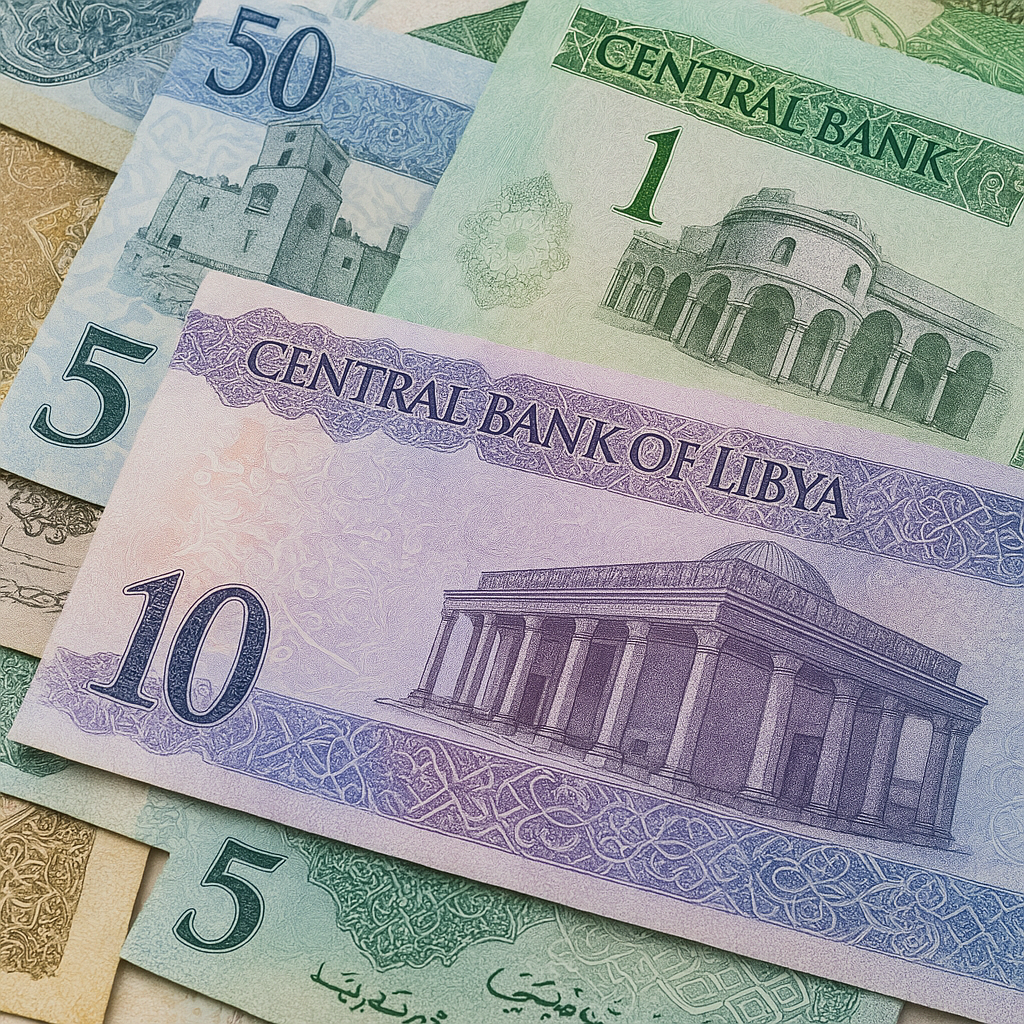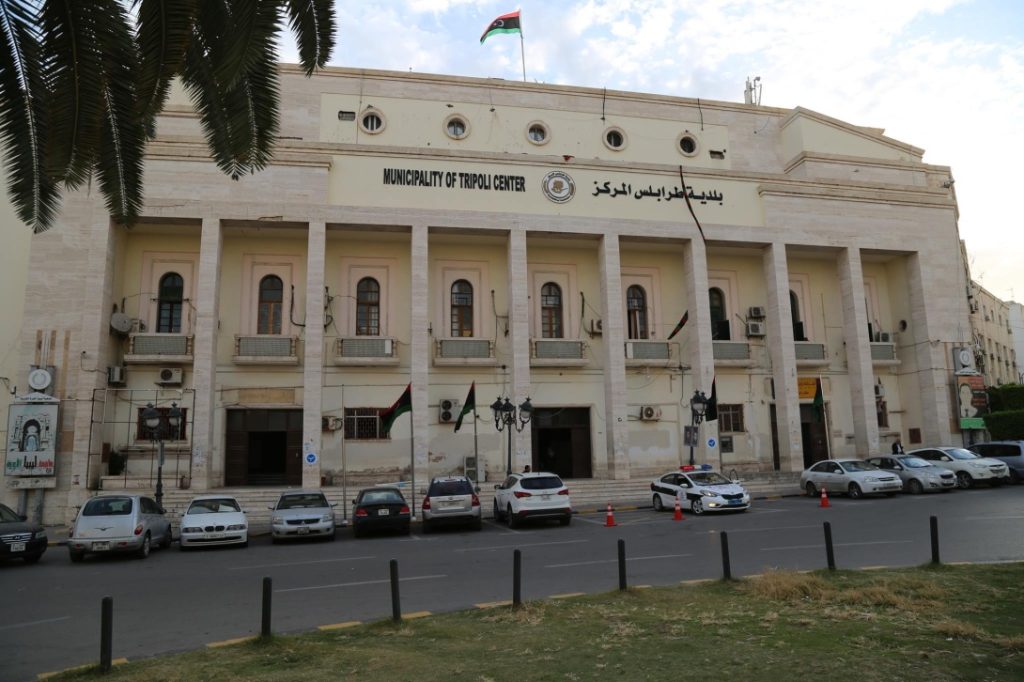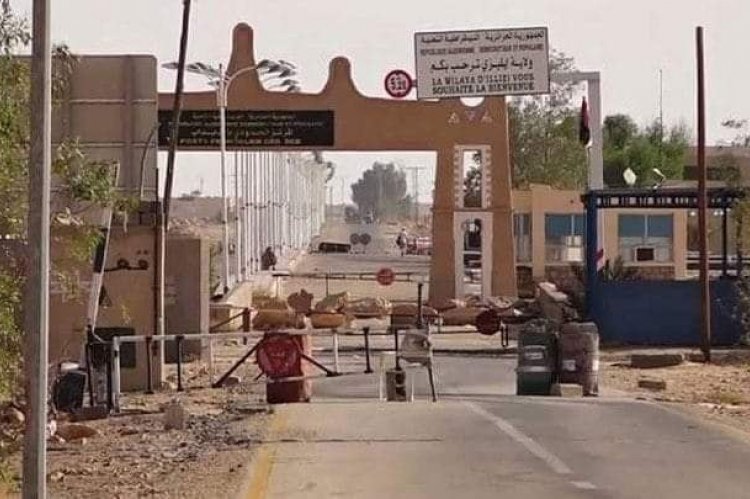Libya’s Fiscal Renewal Signals a New Era of Credibility
In 2025, libya financial governance became one of the country’s most unexpected success stories. After nearly a decade of divided budgets and rival central banks, Libya’s fiscal institutions are showing the first real signs of unity and transparency. The Central Bank of Libya (CBL), once split between Tripoli and Benghazi, has re-established coordination and begun publishing consolidated financial data for the first time since 2014.
For a nation where political reconciliation remains elusive, fiscal coherence is becoming a substitute for unity. Balanced accounting, transparent reporting, and regularized payments to civil servants have replaced symbolic rhetoric as indicators of state functionality. Libyans are once again paid on time, ministries can plan budgets, and international partners can verify data.
The World Bank noted in its Libya Economic Update 2025 that “improved coordination between the CBL and the National Oil Corporation has strengthened macroeconomic stability and created conditions for sustainable recovery.” Behind that technical statement lies a broader truth, credibility is now Libya’s most valuable currency.
Restoring Confidence in the Central Bank
Few institutions reflect Libya’s fragile recovery more clearly than the Central Bank. Between 2014 and 2021, rival administrations operated separate banking systems, dual exchange rates, and parallel budgets, creating fiscal distortion and inflation. Since the UN-supported reunification process began in 2022, the CBL has focused on rebuilding confidence through data transparency, auditing, and disciplined payments.
Governor Saddek El-Kaber’s renewed mandate in 2024 was met with cautious optimism. Under his leadership, the CBL resumed quarterly reports on oil revenues, expenditures, and reserves, a practice dormant for nearly a decade. According to the IMF Article IV Consultation 2025, this transparency “marked a turning point in Libya’s fiscal credibility.”
The Bank has also unified information systems and digitized payroll verification, reducing corruption and duplicate payments. In 2025 it launched an electronic settlement platform linking Tripoli, Benghazi, and Misrata. Developed with the Arab Monetary Fund’s input, the platform now clears public transactions nationwide.
These measures are rebuilding public confidence. Small business owners report faster payments and predictable transfers, proof that functionality is returning. For Libya’s partners, the CBL’s reform path signals stability, encouraging renewed cooperation from the World Bank, EU, and U.S. Treasury on anti-money-laundering and digital-oversight programs.
Managing Oil Revenues Through Fiscal Unity
Libya’s financial stability depends on one principle, oil revenues must remain transparent, national, and insulated from politics. The partnership between the CBL and the National Oil Corporation (NOC) is more than administrative, it is existential. When they coordinate, the state functions. When they diverge, the economy fragments.
Since 2023, both institutions have quietly rebuilt cooperation across political lines. Oil export payments flow into the CBL’s unified account, while the NOC provides monthly revenue data to the Ministry of Finance. This routine exchange has become Libya’s most reliable form of national cooperation.
In early 2025, the CBL released its first Annual Financial Disclosure Report in over a decade, detailing oil receipts, subsidies, and development spending. Endorsed by both Tripoli and Benghazi authorities, it symbolized a shared commitment to transparency.
A new Revenue Allocation Committee, formed in 2024, now verifies payments from the NOC and ensures equitable regional distribution. This practical framework has reduced disputes and stabilized public finances. Oil output has remained above one million barrels per day, while wage and contractor payments are made on time. The IMF’s Regional Economic Outlook 2025 credited “institutional cooperation between the CBL and NOC” for shielding Libya from political shocks.
Predictability is translating into trust. The African Development Bank reinstated Libya’s eligibility for project financing in April 2025, citing “enhanced fiscal governance and transparent revenue management.” Even without constitutional unity, Libya’s financial institutions are proving that operational discipline can sustain stability.
Rebuilding Investor Confidence Through Financial Reform
Libya’s fiscal stabilization is beginning to yield economic and diplomatic dividends. With the Central Bank and NOC projecting professionalism and transparency, international partners are cautiously returning. For the first time in years, financial credibility, not political negotiation is shaping Libya’s global relationships.
The numbers tell the story. The World Bank reported a 15 percent rise in foreign direct investment during 2025, centered on energy infrastructure, logistics, and financial services. European lenders once wary of Libya’s risk profile are re-engaging, encouraged by standardized reporting and regular audits.
The European Investment Bank and African Development Bank have reopened technical-assistance programs for banking reform and private-sector development. The IMF has resumed full Article IV reviews and reclassified Libya as a “data-reporting member in good standing.” This designation signals that Libya’s macroeconomic data are credible enough to support new lending and grants.
Private-sector confidence is following. Banks in Tunisia, Malta, and the UAE have expanded correspondent accounts with Libyan institutions, easing trade and investment flows. The Libyan Stock Market even registered its first new listing in a decade, a renewable-energy services firm, a symbolic marker of diversification.
Diplomatically, Libya’s technocrats now emphasize results, balanced budgets, timely salaries, audited reserves, over rhetoric. For fatigued European and Arab donors, measurable outcomes are more persuasive than promises.
Building Institutions That Inspire Credibility
Libya’s experience over the past three years shows that governance can grow through function even without political reconciliation. The CBL and NOC have demonstrated that credibility is not rhetoric but routine. Yet progress remains fragile. Fiscal stability depends on three conditions, consistent oil output, transparent budgets, and political restraint.
To secure these gains, policymakers must turn pragmatic coordination into formal frameworks.
- Codify fiscal transparency. Enshrine quarterly public reporting of revenues and expenditures in law to prevent backsliding and reassure investors.
- Institutionalize east–west coordination. Transform informal CBL cooperation into a statutory committee managing monetary policy and public spending oversight.
- Diversify the revenue base. Broaden taxation through logistics, telecoms, and renewables to reduce dependence on oil.
- Invest in capacity building. Strengthen auditing and regulatory training through international technical-assistance programs.
These reforms would convert Libya’s current financial détente into a rules-based system, ensuring that transparency and discipline endure beyond the present moment.
Credibility as Libya’s Strongest Form of Diplomacy
Libya financial governance is proving that functionality can precede unity. By restoring transparency, coordinating oil revenues, and rebuilding international trust, Libya’s fiscal institutions are providing the backbone for national recovery. Each verified budget and public disclosure reinforces the perception that the Libyan state can once again operate predictably.
In a region defined by volatility, Libya’s quiet financial discipline is becoming its most persuasive form of diplomacy. If sustained, this credibility could do more to stabilize the country than any temporary political agreement, showing that national recovery begins not with declarations but with dependable numbers.



